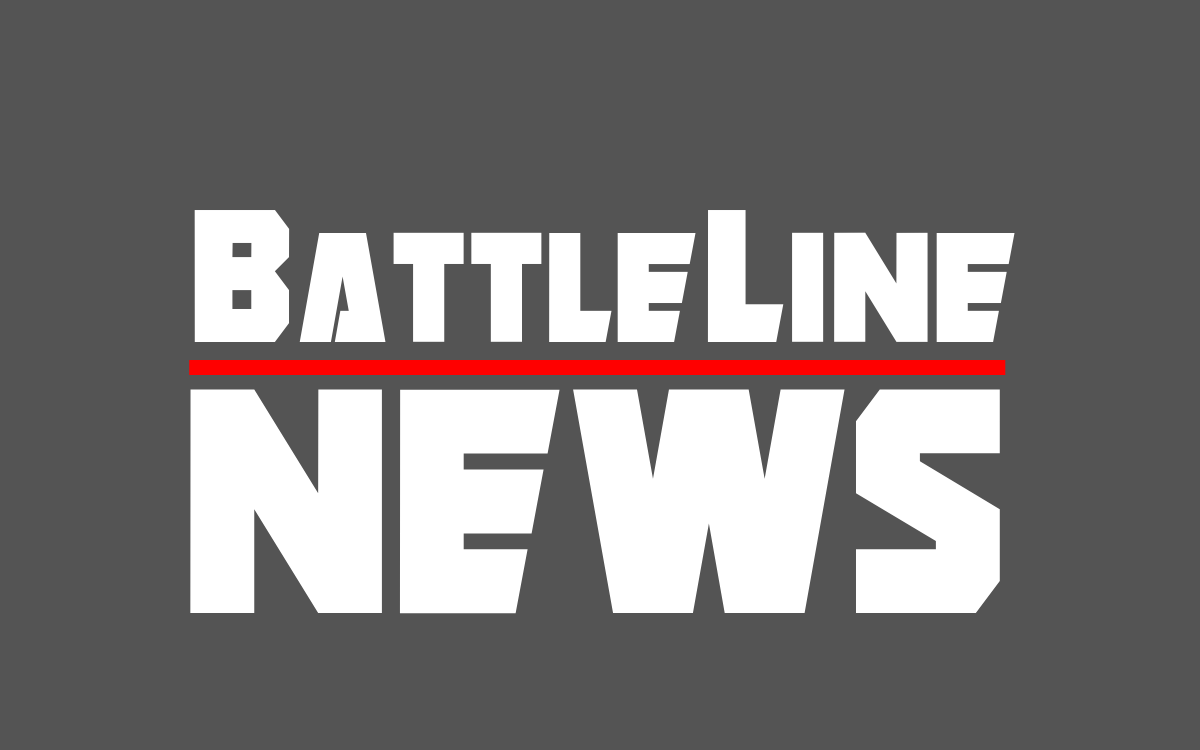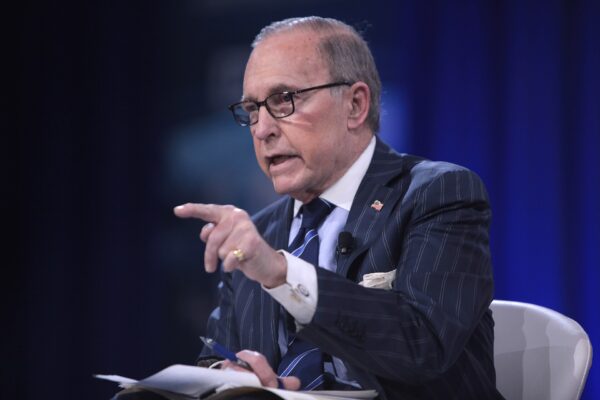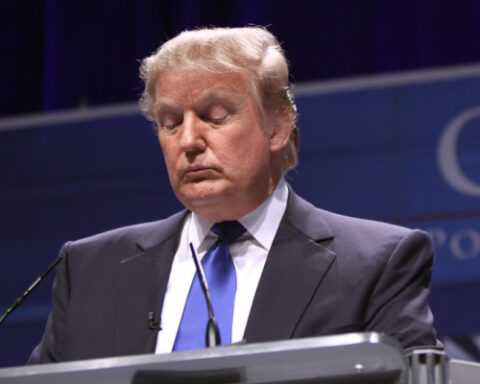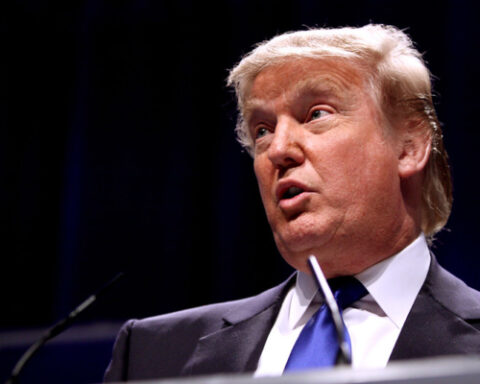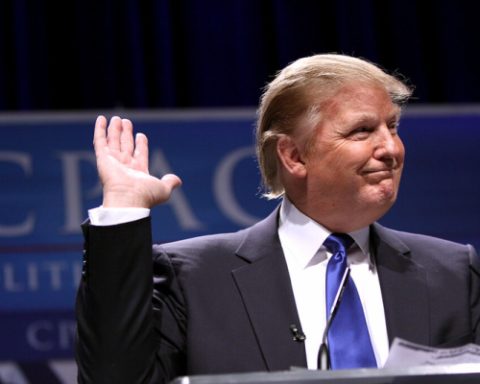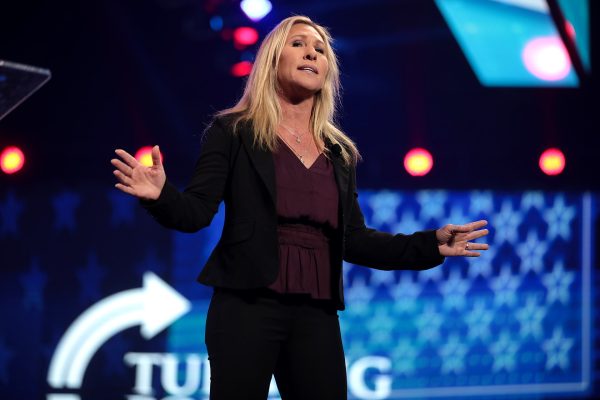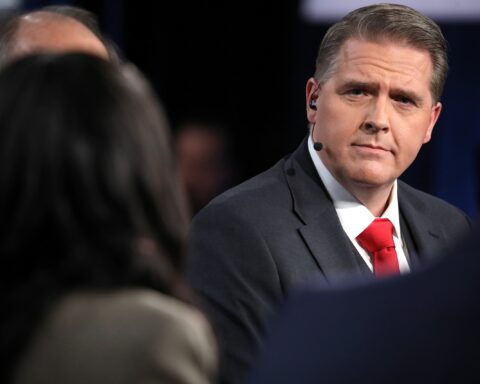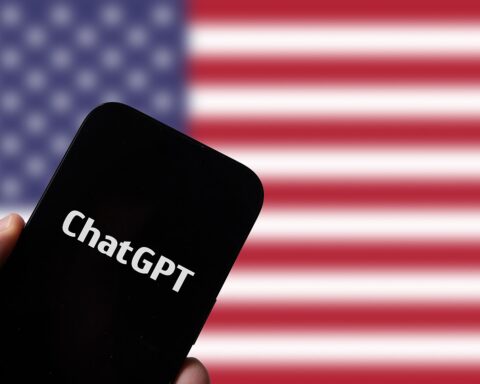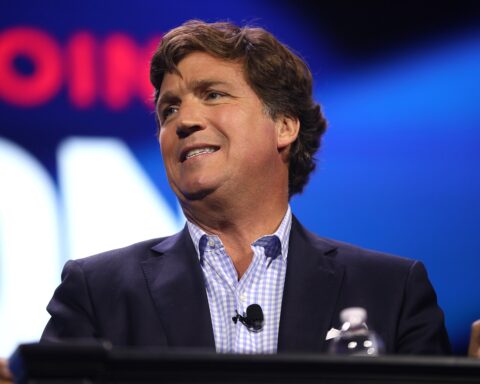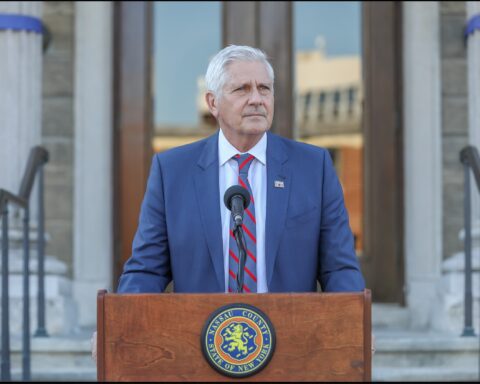Economist Stephen Moore, a longtime ally of President Donald J. Trump, reportedly voiced sharp criticism Friday over the Trump administration’s announcement that the federal government has taken a 10 percent ownership stake in chipmaker Intel.
Appearing on Fox Business with Larry Kudlow, Moore dismissed the move as a troubling form of corporate welfare. “I hate corporate welfare. That’s privatization in reverse,” Moore said. “We want the government to divest of assets, not buy assets. So terrible, one of the bad ideas that’s come out of this White House.”
The rebuke came during what had otherwise been a favorable discussion of the Trump economy.
Kudlow, who served as a top economic adviser in the first Trump administration, acknowledged his unease as well. “I am very, very uncomfortable with that idea,” Kudlow said. “I’m very uncomfortable with that one, but that’s a conversation for another meal on another day. Thank you, Steve Moore.”
The criticism marked a rare public break among Trump’s economic allies, many of whom have been quick to praise the president’s record of tax cuts, deregulation, and job creation.
Moore himself recently joined President Trump in the Oval Office to present charts highlighting what he described as the continuing strength of the Trump economy.
President Trump, however, celebrated the Intel deal as a landmark accomplishment. Writing on his Truth Social platform, the president announced, “It is my Great Honor to report that the United States of America now fully owns and controls 10% of INTEL, a Great American Company that has an even more incredible future.”
According to Mr. Trump, the arrangement was negotiated directly with Intel’s chief executive, Lip-Bu Tan.
“The United States paid nothing for these Shares, and the Shares are now valued at approximately $11 Billion Dollars,” he said. “This is a great Deal for America and, also, a great Deal for INTEL. Building leading edge Semiconductors and Chips, which is what INTEL does, is fundamental to the future of our Nation. MAKE AMERICA GREAT AGAIN!”
The White House described the acquisition as a strategic investment to strengthen America’s high-tech leadership and protect its national interests.
Commerce Secretary Howard Lutnick, who advanced the proposal, echoed that view in a post of his own. “The United States of America now owns 10% of Intel, one of our great American technology companies,” he wrote. “This historic agreement strengthens U.S. leadership in semiconductors, which will both grow our economy and help secure America’s technological edge.”
The move, however, underscored a deeper philosophical tension among conservatives. For decades, Republicans have championed smaller government and free-market competition, frequently criticizing Democratic administrations for heavy-handed industrial policy.
Moore’s sharp comments captured that unease: a belief that government control, even partial, over private corporations risks distorting markets and undermining the very innovation it seeks to protect.
Still, the Trump administration framed the deal as an example of shrewd dealmaking — one that cost taxpayers nothing while giving the U.S. a powerful foothold in a critical industry.
Whether conservatives ultimately view it as a bold stroke of economic nationalism or as a dangerous departure from free-market principles may determine how it is remembered.
[READ MORE: JD Vance Reveals True Extent of John Bolton Probe]
